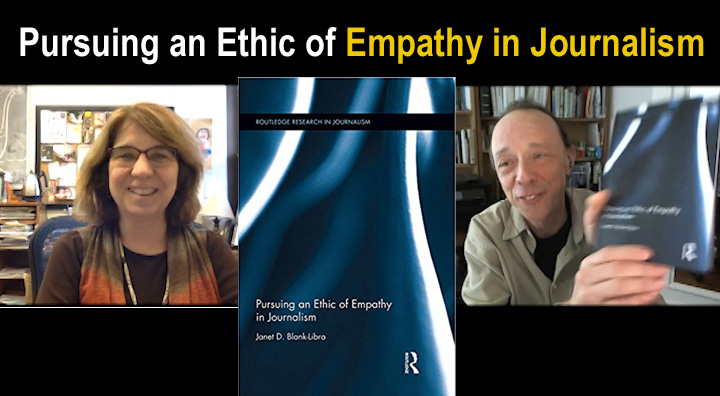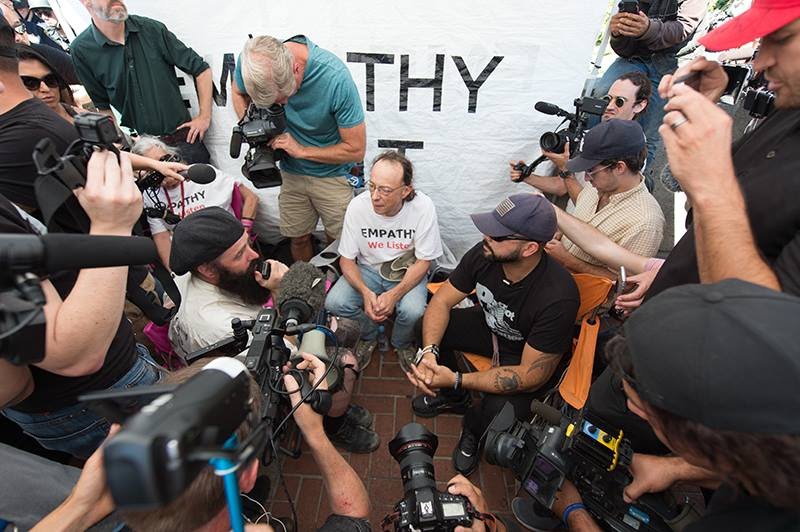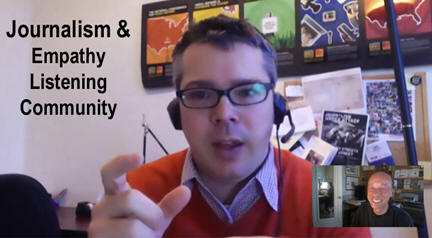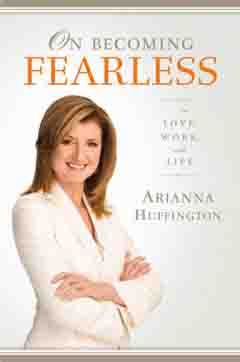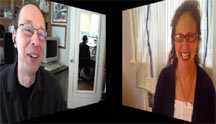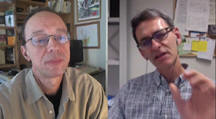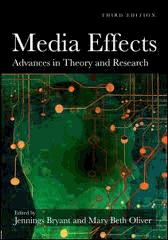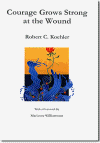|
|
|
Conference
- Panels
-
Possible Panels
- Facebook
Event -
Education -
Volunteer - [Planning]
Sub Conference: How can Journalism and Media Build a Culture of Empathy?
http://j.mp/MyrF5t
Pursuing an Ethic of Empathy in
Journalism
Janet Blank-Libra teaches courses in journalism as well as
foundational courses in composition and literature at Augustana
University, Sioux Falls, South Dakota. She also regularly teaches courses
in literary journalism and creative nonfiction. Janet is the author of
Pursuing an Ethic of Empathy in Journalism. This book advances a
journalistic theory of empathy, challenging long-held notions about how
best to do journalism based only on "objectivity". Because the institution
of journalism has typically equated empathy and compassion with bias, it
has been slow to give the intelligence of the emotions a legitimate place
in the reporting and writing process.
"When journalists practice an ethic of empathy and
compassion, they do not forfeit their objectivity. Empathy seeks to
understand the other, not produce agreement with the other. For this
reason, empathy compels fair treatment of all sources. Just as one should
empathize with the poor person, he or she should empathize with the public
official."
Sub Conference: Journalism and Media
The Need
for Listening and Empathy in Journalism: Josh Stearns and Edwin Rutsch
Josh Stearns is a journalist, organizer and community
strategist. He is
Journalism and
Public Media Campaign Director for Free Press, a national,
non-partisan, non-profit organization working to reform the media through
education, organizing and advocacy. In this dialog we talk about the role
of empathy, listening and community in journalism.
Josh wrote the article,
The Need for Listening and Empathy in Journalism.
He writes, "What is the role of empathy in journalism?... the
question of empathy has two facets: empathy in the newsroom, and the
empathy our stories foster in our readers. What connects these two
elements is the act of listening...
Arianna
Huffington: Dialogs on How to Build a Culture of Empathy
Arianna Huffington is president and editor-in-chief of the Huffington Post Media
Group.
How can we build a culture of empathy? '"To a physicist a
critical mass is the amount of radioactive material that must be present
for a nuclear reaction to become self-sustaining. For the empathy
movement, a critical mass is when the empathy habit is cultivated by
enough people that it can begin to spread spontaneously. I think of it
as an outbreak of a positive infection. And everyone has the potential
to be a carrier. So one thing we can do is to spread it as widely as
possible...
I
think the opposite of empathy is the projection of our own fears onto
others. We've seen this over and over again throughout American history.
In times of economic upheaval, when huge numbers of people are losing
their jobs, losing their homes, and feeling powerless to do anything
about it, it has always been the case that people look for scapegoats.
Empathy is the antidote to that. "
Dahlia Lithwick: How to Build a Culture of Empathy on the Supreme Court
and Beyond
Dahlia Lithwick writes about the courts and the law for
Slate and
is a commentator on various national media programs such as NPR, Rachael
Maddow Show, Democracy Now, etc. She has written and commented on the role of empathy
in relationship to the Supreme Court, same-sex
marriage and woman's issues.
There was a
great deal of contention
and confusion about the nature of empathy during the last Supreme
Court nomination hearings. We talked about preparing now, for the next
Senate discussions and debates about the role of empathy in the justice
system and Supreme Court.
"When Obama talked about
empathy in “The Audacity of Hope,” he was very, very clear. He
didn‘t want judges to make stuff up so that the poor guy wins. What he
said is, put yourself in the other person‘s shoes, right? That was his
mom‘s credo.
When he talks about
empathy, I think all he‘s saying is, just listen. Listen to what
the other side is saying. See if there is merit to their argument.
And then think it through."
Mark Honigsbaum and Edwin Rutsch: Dialogs on How to Build a Culture of Empathy
Mark wrote some articles about the role empathy,
The Politics of Empathy
and
Mark said, "I'd be very happy to talk to you about empathy just
so long as you understand that I am primarily an historian of medicine
so, while I am all for promoting greater compassion and awareness of the
predicament of those less fortunate than myself, I am wary of this
notion of empathy as intrinsically pro-social and moral. This strikes me
as a very recent notion, traceable to the birth of the psy sciences
around the turn of the last century. Moreover, if alleviating the suffering of the poor and disadvantaged is
to be more than a feel-good sound bite it has to be married with a real
political agenda, which means making choices and taking sides (in my
opinion of course)"
Mary Beth Oliver:
Dialogs on How to Build a Culture of Empathy with Journalism She is co-author of
Media Effects
Advances in Theory and Research.
We talked about the role of the media in fostering a culture of empathy.
Needless to say, the media is doing a lot to inhibit empathy at the
moment.
Mary conducted a study titled, 'The Effect of Narrative
News Format on Empathy for Stigmatized Groups'. "The primary aim
of this study was to evaluate the extent to which news story format
(narrative vs. non-narrative) can initiate empathic processes that
produce more favorable evaluations of stigmatized groups." The study
showed that narrative stories stimulate more empathy and compassion.
Peder Zane:
Dialogs on How to Build a Culture of Empathy with Journalism
Peder Zane is journalist who has worked at The
News & Observer of Raleigh and The New York Times. He teaches Mass Communication and Journalism at St. Augustine’s College
in Raleigh How to build a culture of empathy?
|
|
|
||||






